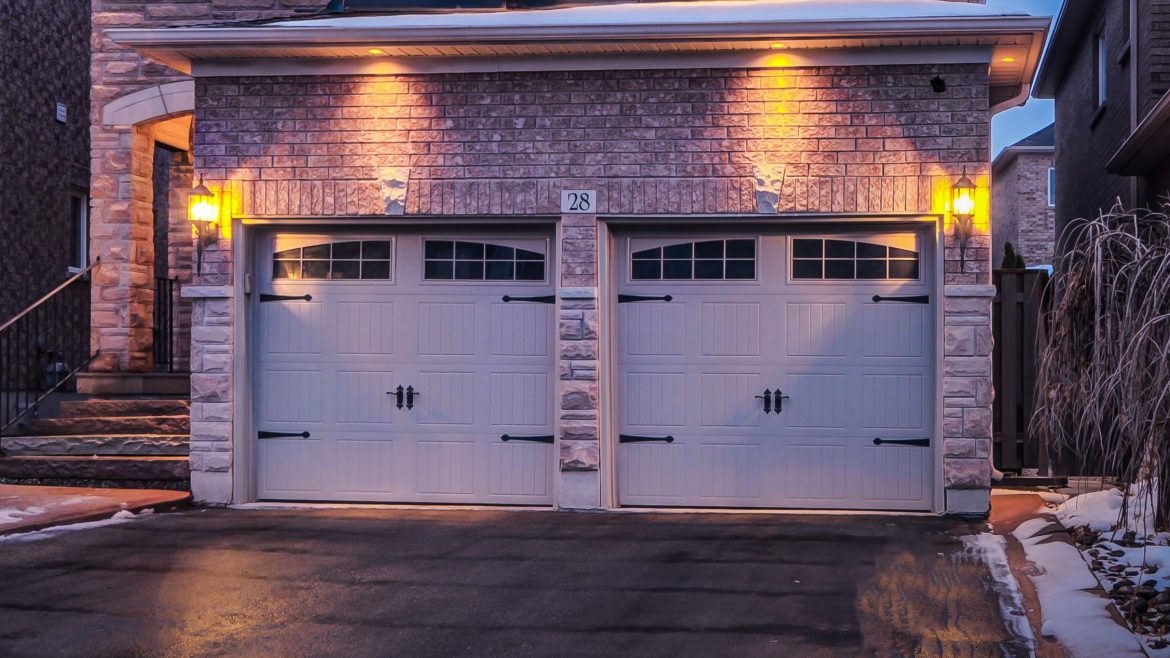The Benefits of a Heated Driveway
https://imaginahome.com/wp-content/uploads/2016/11/heated_driveway-1024x680.jpg 1024 680 Nisha Muire Nisha Muire https://secure.gravatar.com/avatar/09971b406125a2f92a37bf65b08fd3c3?s=96&d=mm&r=gNaturally there are pros and cons to having a heated driveway, but the overall consensus among heated-driveway owners is a sense of freedom. Let’s take a look at what a heated driveway for your Toronto home entails.
The first thing to know about heated driveways is that there are two kinds: Electric and Hydronic.
Electric coil heat is generated by heated metal rods that are inserted into the pavement. They can be highly controlled and produce between 6-50 watts of power per linear foot. Having such control permits you to melt snow and ice at inches per hour.
Hydronic heat is produced by pumping a heated mixture of water and antifreeze through PVC piping, which is installed in the pavement. You don’t have as much control over this method of heating, but it will cost you less to operate than an electric heating system – although it will cost you more to install.
Now to look at the pros and cons of heating your driveway.
Pros
Eliminates the need for shoveling early in the morning so that you can leave for work
Eliminates the need for a maintenance service contract
Eliminates ice!
Cons
Costly to install
Yearly maintenance costs can run from $175-$225 depending on the system that you install
Should anything break in your heating system, repairing it can be very costly as it might entail breaking the entire pavement to get at the problem area
Overall, a heated driveway should last for years without any maintenance requirements or issues. Whether or not to install on at your Toronto home i

